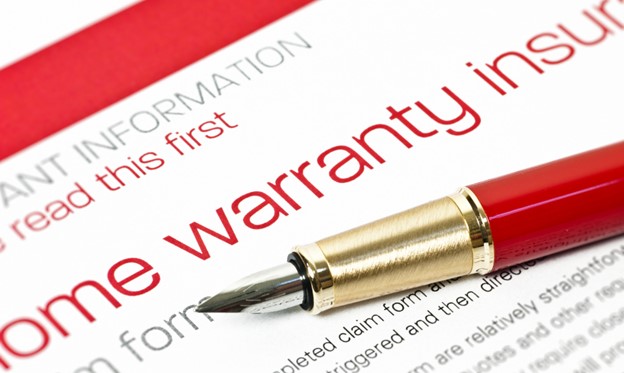What Does Contingent Mean on a House Sale
 In the context of a house sale, “contingent” typically means that the sale of the house is dependent on certain conditions being met. These conditions could include things like the buyer securing financing, the completion of a home inspection, or the sale of the buyer’s current home.
In the context of a house sale, “contingent” typically means that the sale of the house is dependent on certain conditions being met. These conditions could include things like the buyer securing financing, the completion of a home inspection, or the sale of the buyer’s current home.
For example, if a buyer makes an offer on a house and the offer is accepted by the seller, the sale may be contingent on the buyer obtaining financing within a specified period of time. If the buyer is unable to obtain financing, the sale may fall through.
Another common contingency is a home inspection. If the inspection reveals significant issues with the property, the buyer may have the option to renegotiate the terms of the sale or back out of the deal altogether.
Contingencies are designed to protect both the buyer and seller in a real estate transaction. They give the buyer an opportunity to ensure that the house is in good condition and that they can obtain financing, while also giving the seller some assurance that the sale will go through if the conditions are met.
Types of Home Contingencies
There are several types of contingencies that can be included in a home sale contract. Here are some of the most common.
Financing contingency: This contingency specifies that the sale of the home is contingent on the buyer obtaining financing. If the buyer is unable to secure financing within a specified timeframe, the contract may be voided.
Appraisal contingency: This contingency specifies that the sale of the home is contingent on the home appraising for at least the purchase price. If the appraisal comes in lower than the purchase price, the buyer may have the option to renegotiate the price or back out of the deal.
Inspection contingency: This contingency specifies that the sale of the home is contingent on a satisfactory home inspection. If the inspection reveals significant issues with the property, the buyer may have the option to renegotiate the terms of the sale or back out of the deal.
Sale contingency: This contingency specifies that the sale of the home is contingent on the buyer selling their current home within a specified timeframe. If the buyer is unable to sell their current home, the contract may be voided.
Title contingency: This contingency specifies that the sale of the home is contingent on the seller having clear title to the property. If there are issues with the title, the contract may be voided or the seller may need to take steps to clear the title before the sale can proceed.
It’s important to note that contingencies can vary depending on the specifics of the contract and the state or region where the sale is taking place. It’s always a good idea to consult with a real estate professional or attorney to ensure that your contract includes the appropriate contingencies for your situation.
 Many people dream of buying their ideal retirement home after their career has come to a conclusion – with all that extra free time it seems like it’d be the most logical time to shop around.
Many people dream of buying their ideal retirement home after their career has come to a conclusion – with all that extra free time it seems like it’d be the most logical time to shop around. A home warranty is a type of service contract that provides coverage for repairs or replacements of major systems and appliances in a home. It typically covers items such as heating and cooling systems, electrical systems, plumbing, water heaters, and kitchen appliances.
A home warranty is a type of service contract that provides coverage for repairs or replacements of major systems and appliances in a home. It typically covers items such as heating and cooling systems, electrical systems, plumbing, water heaters, and kitchen appliances.